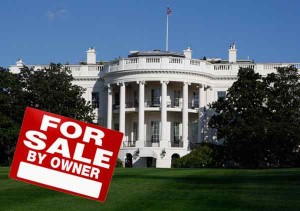
A recent New York Times article discusses the proposed deal between Zillow and Trulia.
Zillow is in the process of inking a $3.5 billion deal to bring their main competitor, Trulia into the fold, but the finish line is still a ways away. You can read more about the deal in this recent New York Times piece.
Zillow and Trulia are the Coke and Pepsi of the online real estate listing game and they may be on the verge of merging. The two internet giants aggregate real estate listings for both buyers and renters and represent the leaders in an industry that has been slow to adopt the internet as its Lingua Franca. The face-to-face comfort that an expert real estate agent can provide has most likely played a major role in the lack of online innovation in the industry. Buyers, especially in the home market are more likely to want to deal with a real person that they trust and who has a proven track record of putting families into quality homes.
While real estate is behind most other major industries as far as adopting technology as a primary selling method, both Zillow and Trulia have been able to differentiate themselves as the two major players. The potential merger of these two online real estate giants is news in and of itself, but the anomalous nature of the agreement makes it interesting from a legal standpoint as well.
Because they are the leaders in their field, Zillow’s legal team is rightly concerned that the deal could attract attention from US government antitrust regulators. It will be up to Zillow to show regulators they will not be obliterating competition in the online real estate listing industry. They will likely point to other smaller competitors such as Homes.com and Realtor.com to make their case that competition in the arena will remain robust.
Where the deal gets interesting is the clause that allows Zillow to walk away from the table should government regulators start to meddle. This alone is not a rarity with these types of deals and in the case is handled by Delaware law. The way the Delaware legislation, which controls many mergers and acquisitions due to favorable tax laws, is written states that the government would have to impose regulation that was of “material adverse effect.” For a bit of context, material adverse effect has never been found in the state of Delaware.
Because of this, Zillow isn’t taking any chances. There is additional language in the contract that provides that Zillow can walk away from the deal if the government imposes any regulation whatsoever, not only one that causes material adverse effect.
The reason the deal will be interesting to watch is it could end up being all or nothing depending on what government regulators choose to do.
